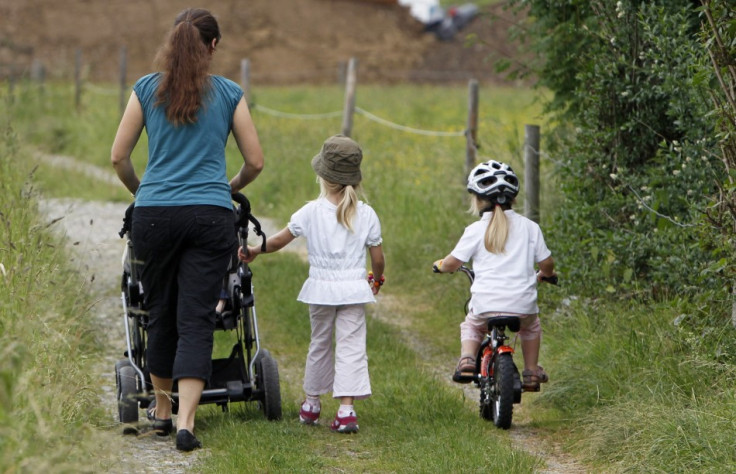Spanking Leads to Mental Disorders in Children, Finds Research
There is no direct relationship established between physical punishment and mental disorder.

Physical punishment such as spanking, pushing, grabbing, shoving, slapping or hitting children eventually lead to mental disorders when they grow up, say Canadian researchers.
Their research shows the close link between spanking and mental illness in the later part of people's lives.
According to the latest study by the American Academy of Paediatrics, disorders such as anxiety, depression and drug abuse in adults are closely related to physical punishments they experienced in their childhood.
"It definitely points to the direction that physical punishment should not be used on children of any age and we need to be considering that when we're thinking about policy and programmes so we can protect children from potentially harmful outcomes," says the author of the study Tracie Afifi, reports CBC News.
The study conducted among more than 34,000 adults in the US, finds that two to seven percent of mental disorders were attributable to physical punishment.
Although there is no direct relationship between mental depression and physical punishment, the statistics seem to indicate as much, admit the researchers.
Some parents do not seem to agree with the study, saying physical punishment is an effective way to keep children under control.
"I think it's necessary, especially at a younger age. Certainly anything to do with physical touch is a sensitive thing. But if there's love in the family, if you emphasise that this is a home and that mommy and daddy love you, and it's a safe home environment, then I think it works," the New York's Daily News quoted a 38-year old parent Pamela Alvarez as saying.
Heather Dufek, another parent, echoes the same view saying there is nothing wrong in spanking. "I don't think spanking is wrong. I think there's a place for it. It's how I was raised, and I think I'm a really well-adjusted adult," Dufek was quoted by the daily.
The research did not include physical or sexual abuses.
Although it is illegal to spank children in certain countries, it is legal and prevalent in other nations.
© Copyright IBTimes 2025. All rights reserved.




















